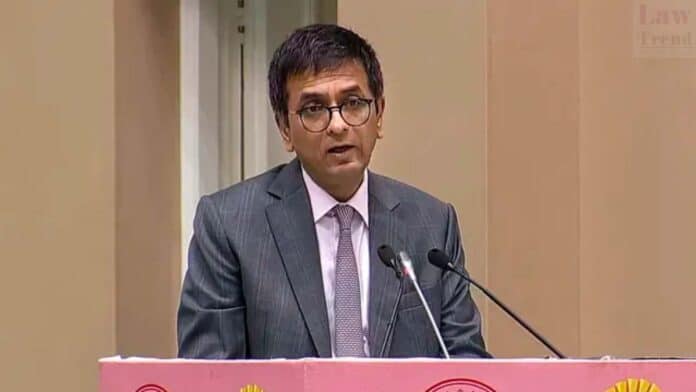Chief Justice of India, DY Chandrachud, celebrated the enactment of three new criminal laws, marking it as a watershed moment in India’s legal history. Speaking at the conference on ‘India’s Progressive Path in the Administration of Criminal Justice System’, he highlighted these laws as indicators of a transforming nation.
“These laws signify a watershed moment for our society because no law affects the day-to-day conduct of our society like the criminal law,” stated CJI Chandrachud. He emphasized that the new laws are designed to meet the demands of modern society and address the challenges anticipated in the future.
The Chief Justice underscored that the effective implementation of these laws hinges on the adaptability and preparedness of those in the legal and law enforcement systems. He stressed the need for substantial investment in training and resources, particularly in forensic capabilities and the training of investigating officers, to ensure the laws have the intended positive impact.
The three statutes — the Bharatiya Nyaya Sanhita, 2023; the Bharatiya Nagarik Suraksha Sanhita, 2023; and the Bharatiya Sakshya Adhiniyam, 2023 — are set to replace the Indian Penal Code 1860, the Code of Criminal Procedure, 1973, and the Indian Evidence Act, 1872. These new laws, which are to take effect from July 1, represent significant reforms intended to modernize the framework under which criminal justice is administered in India.
Also Read
CJI Chandrachud also highlighted the necessity of these reforms for protecting the interests of victims and improving the efficiency of investigations and prosecutions of offenses. “The changes were much-needed to protect the interests of victims and carry out investigation and prosecution of offences efficiently,” he said.




